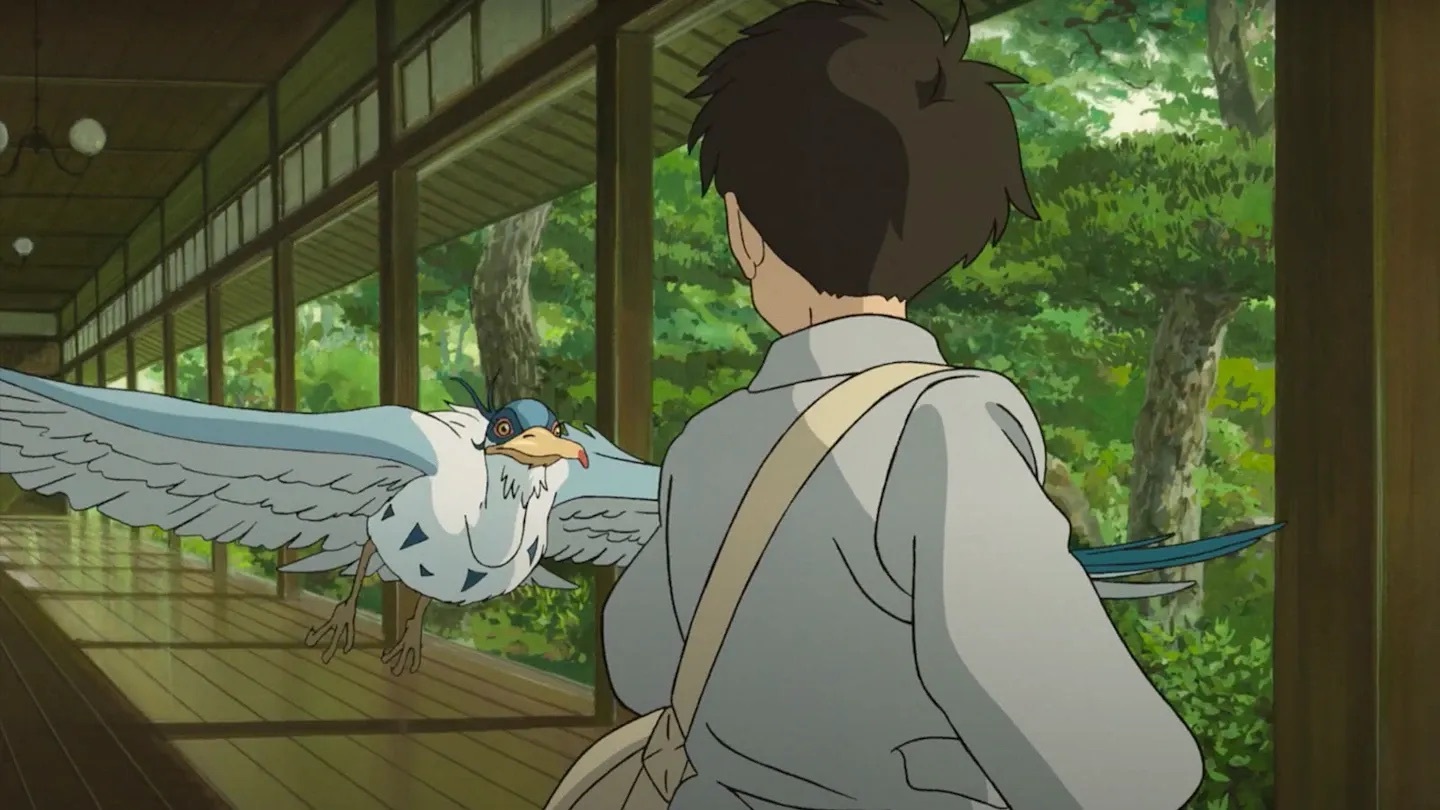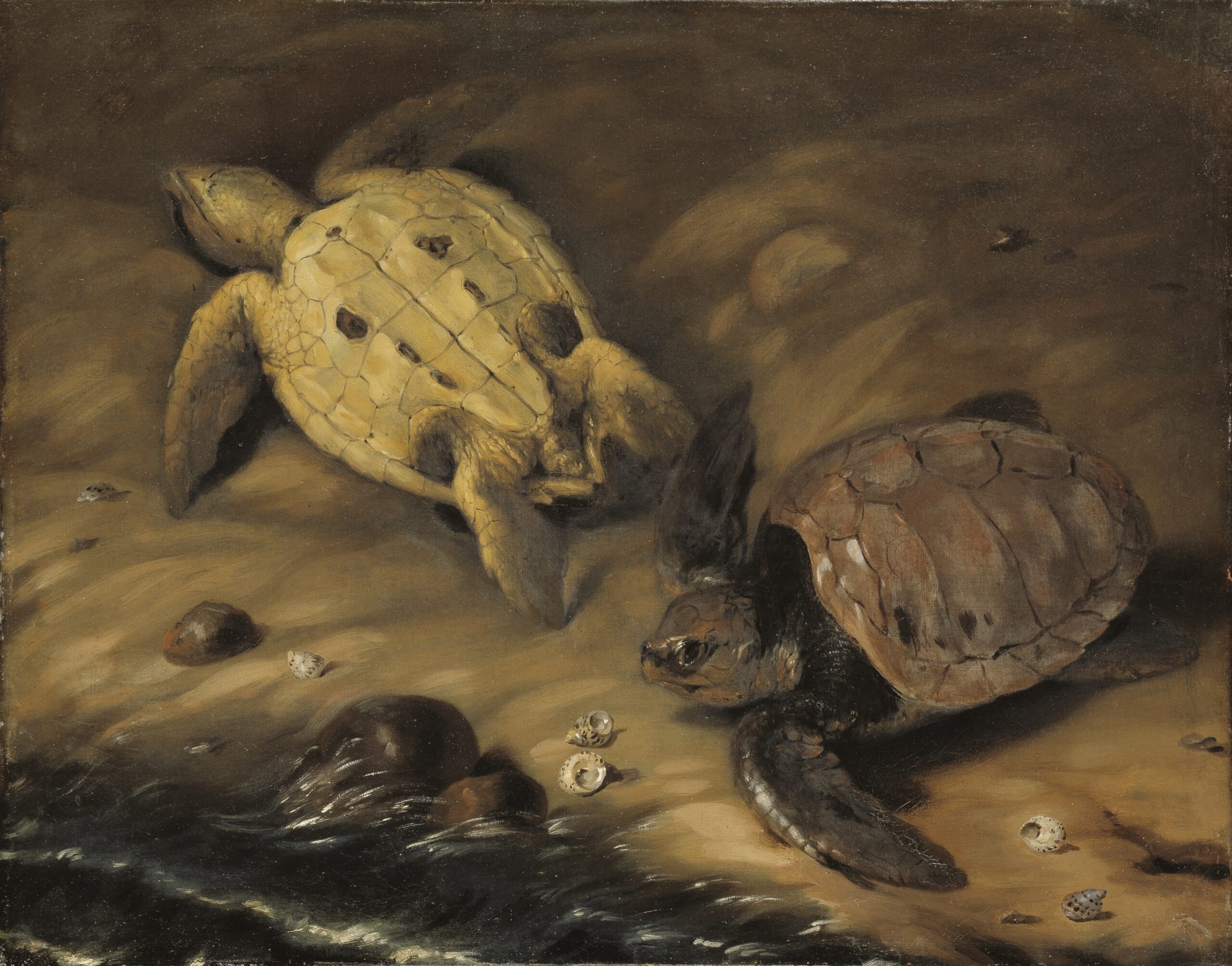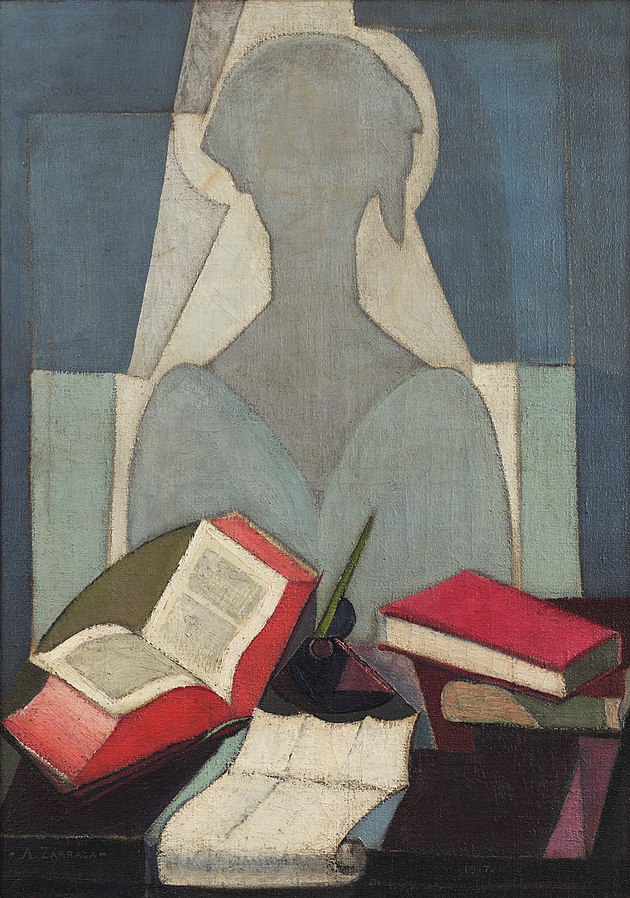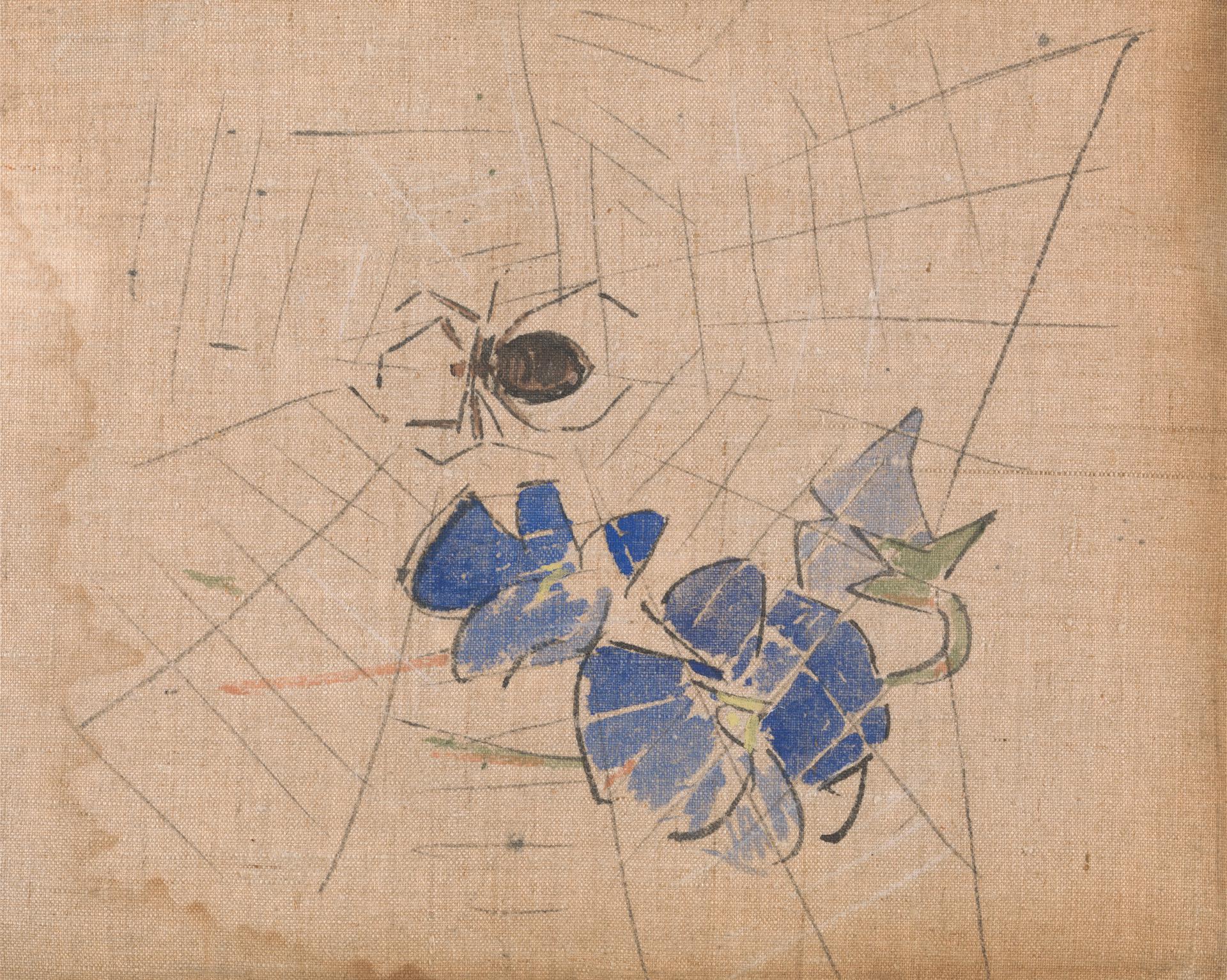
All devoted readers can recall moments of childhood reading that glow with the significance of self-mythology. These are our versions of David Copperfield shut in his upstairs room, “reading as if for life.” Such episodes are often incidental: a stray volume plucked off a parent’s shelf, a book pressed into one’s hand by a discerning librarian. Only in retrospect do they appear formative.
Here is one of mine:
I am eight or nine, sitting on a hardwood floor with an illustrated encyclopedia of science and medicine spread before me. Somewhere in the room a fan thrums to protest the North Carolina heat. Each page, as I turn it, catches the torrent of air, buckles and billows like a veiny paper wing.
The book’s frank images would gratify any young reader with an appetite for the macabre: gangrenous limbs, blackened teeth, snarled human hands frozen in a praying mantis-like claw. I brush past medical curiosities to arrive at the section I visit repeatedly, obsessively: the pages on human evolution. Yes, I think, tracing my finger along the contours of that ancient anatomy; that was us, that was me. The humanoid forms of Australopithecus africanus and Homo erectus stalk through my brain. In the inner corridors of my being a quiet rebellion stirs, a mute skepticism against the parents who had informed me that human beings were created by God alone.
In high school, science education became not wondrous but instrumental, the only thrill coming from an affably deranged chemistry teacher who spoke darkly of toxic vapors and a disfiguring lab accident in his past. Biology, chemistry, and physics, I learned, were labors to suffer through if you wanted to become a doctor or an engineer, and I had no plans of doing either.
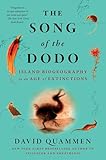 David Quammen’s The Song of the Dodo (1996) challenged that easy view and expanded my sense of the intellectual possibilities available to me. I came across the book the summer after my senior year of high school. During those months I followed a strict routine. I would rush home from my shift at the local Subway, strip off the green polo that reeked of chemically elasticized bread, and begin what I thought of as my real job: reading novels.
David Quammen’s The Song of the Dodo (1996) challenged that easy view and expanded my sense of the intellectual possibilities available to me. I came across the book the summer after my senior year of high school. During those months I followed a strict routine. I would rush home from my shift at the local Subway, strip off the green polo that reeked of chemically elasticized bread, and begin what I thought of as my real job: reading novels.
A beloved teacher had recommended The Song of the Dodo. I opened the book dutifully but with trepidation. What could a 700-page volume about island biogeography have to do with my guiding passion—which, I had declared to myself, was literature? My grim compulsion (now thankfully abandoned) to finish every book I started heightened the risks of embarking on such a lengthy voyage.
Quammen, luckily, made for a thrilling companion. The book tells a story of how ecosystems unravel. Joining together lucid explanation of evolutionary concepts, biographical accounts of 19th- and20th-century naturalists, and dispatches from his travels to remote islands, Quammen ushers his readers into a world where species can grow large or Lilliputian, spread across continents or vanish altogether.
Scientists eager to learn which organisms live where and why have long turned to islands. Charles Darwin’s famous visit to the Galápagos in the 1830s and Alfred Russel Wallace’s expeditions in Malay a few decades later were pioneering but hardly singular. Islands present simplified, exaggerated versions of evolutionary processes that occur on mainlands. Endless forms most beautiful, and also most strange, evolve in insular habitats. Elephants dwindle to dwarfism; reptiles swell gigantic. Yet island populations, Quammen shows, are particularly vulnerable, prone to inbreeding, habitat loss, and other extinction risks.
Asked whether she was a “fiction or a nonfiction person,” the critic and novelist Francine Prose replied: “I consider myself a sentence person.” With Quammen I discovered the truth of this view—that elegant sentences can emerge, glinting, from any genre. Here he halts by an animal skeleton on the island of Anak Krakatau:
The sun-bleached bones, clean and austere after months in this tropical autoclave, show nicely white against the dark lava. They lie in a graceful cluster, like a still life arranged for a Japanese garden. Once they belonged to a mammal.
With sentences like these Quammen stirred the marvel I had once felt poring over illustrations of hominids and connected it to my adult passion for literature. He modeled how a writer could achieve intellectual breadth without forsaking style. An English major at Yale who wrote a master’s thesis on William Faulkner, he seemed utterly at ease explaining sophisticated ideas in population biology. Quammen himself is part of a near-extinct breed: the generalist, the autodidact, the person of letters.
Four years after I read The Song of the Dodo, I won a Rhodes Scholarship and sent off a stuttering email to Quammen, who was a Rhodes Scholar in the 1970s and whose name I had blurted in my interview. He not only returned my email, but spoke with me on the phone, an act of generosity I suspect he saw as unexceptional. He could not have known how powerfully his book set certain interests of mine in motion, that there existed a clear line between my reading of The Song of the Dodo and my decision to pursue graduate training at Oxford in the history of science.
Quammen told me he hadn’t much enjoyed his time at Oxford, and this report became less surprising once I began my studies there. Some of my professors would drop the word “autodidact” as a sneer. Anyone who ventured outside their academic subspecialty or (worse) dared to write about important matters without first receiving an Oxbridge education was subjected to withering derision. Quammen’s example of iridescent self-education had inoculated me against this snobbish reasoning. Autodidacticism, I felt, was something miraculous, a mark of irrepressible curiosity, a way of slicing through disciplinary borders; if the product (Quammen’s book, for example) was so marvelous, the practice couldn’t be so bad.
Sometimes, in such moments of High Table pomposity, I would think back to Quammen and his phone call. As one might expect from a man who had wandered all over the world, he spoke to me that day about adventure. “No one wants to be at Oxford,” he said. “But you’re just a train ride from Paris.”
Sitting a year later by the Seine, I thought to myself: how right he was; and how strange, that a book about dodos had brought me to this shining river. The sun had set, and the city’s lights cast distended orange shadows over the blue-black ripples. Paris, too, was an island. I looked at the water. It was a beautiful surface, of dark currents and gold-streaked gleams. I looked; and, half-forgotten pages turning in my mind, I wondered about the creatures stirring within.
Image Credit: Wikimedia Commons.

